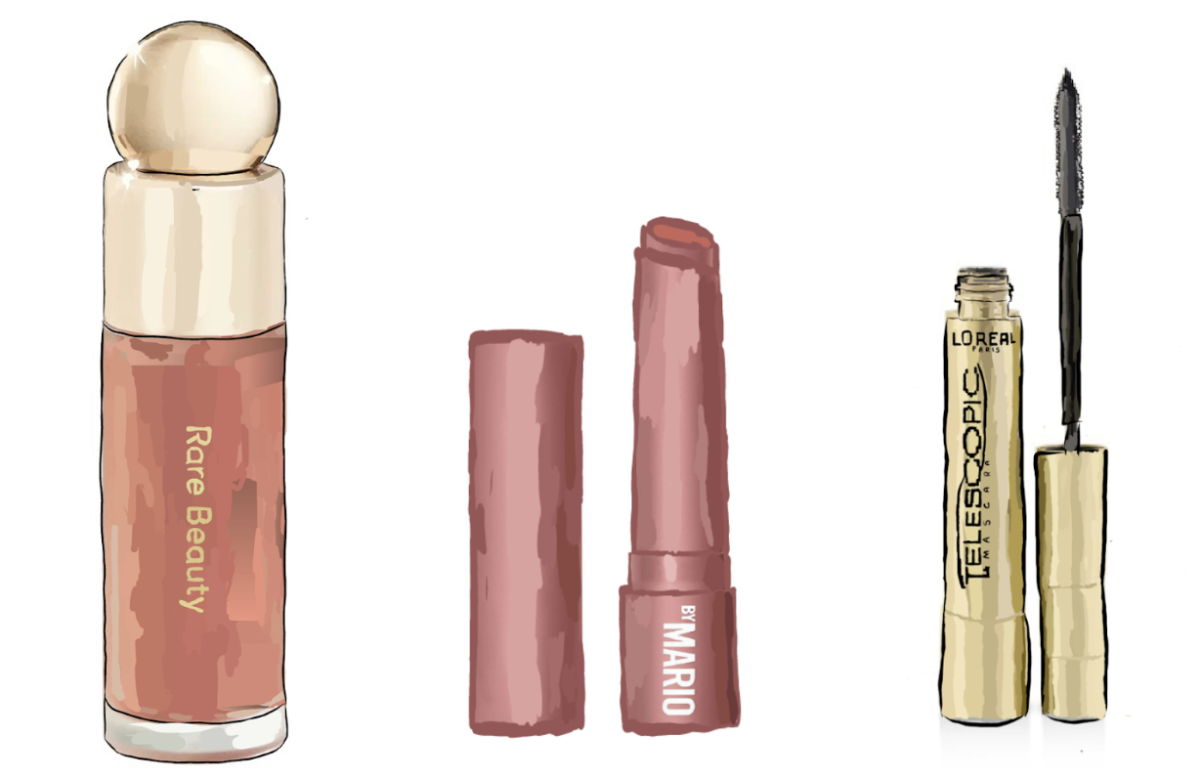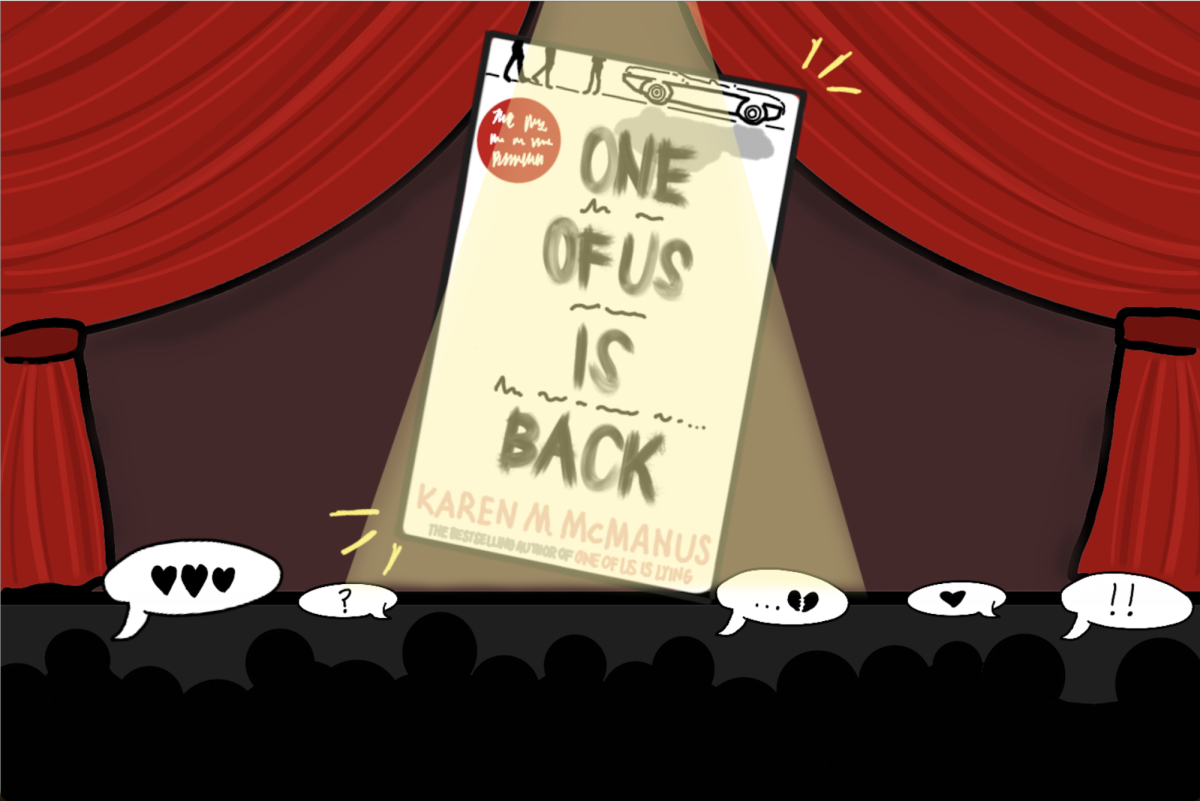When sporting Beats by Dr. Dre, the bass drop in the Lil Jon’s hit song “Turn Down For What” may sound slightly louder and a bit better than with a pair of Sennheiser headphones.
Listening to Sam Smith hit the height of his vocal range in Grammy Award-Winning “Stay With Me” may seem more impressive with a pair of Logitech headphones compared to its Bose counterpart, believes Senior Media Services Technician Joe Harris.
This is because headphone companies such as Beats and Logitech have altered the bass and treble outputs to increase, decrease, or otherwise change such music components.
Media Services Technician James Hyde, who has worked as a Sound Mixer Assistant at Warner Bros. believes headphone companies only alter the outputs for specific music – music that suits their audience. For example, Beats appeals to fans of rap and hip-hop, so they heighten the level of bass to make those genres sound better.
Harris doesn’t enjoy this trend with headphones. “It’s not giving you a true reflection of how the sound should be,” he said. “You just want a good balance of sound really, so you want it to be as accurate to what the output is as to what you’re hearing, rather than it being distorted by too much bass or too much treble.”
While altering music for an audience may help company sales, it initiates a problem for artists recording music. Hyde explains that musicians need neutral headphones, otherwise too much bass or treble will be present in a recording. If more bass or treble is present, musicians will compensate in their recordings and their music will suffer. “Make sure you can trust what you’re listening to,” Hyde said.
For electronic musician Sean Norris (’15), laptop and phone speakers are a less manageable situation that he can’t solve easily. Other than avoiding laptop and phone speakers and only using headphones instead, Norris adapts his music so it sounds correct out of a laptop or phone speaker.
To solve his problem with headphones, Norris uses Beyerdynamic Custom One Pros, which he believes don’t manipulate either the treble or bass end.
However, it’s not only the distortion of current headphones that presents a conundrum, but also the deception suggested by computer or phone speakers.
Increasing the pitch of his lower parts and decreasing the volume of his lowest bass frequency is one of the key changes Norris must make so that when his music is played through an audio system that favors bass, it stays audible. “You can kind of hear [the lowest part] on earbuds or out of a laptop speaker, but that it still sounds best out of quality headphones or speakers,” Norris said.
Headphones help Norris in other ways as a musician. “Unless I book the ASL studio, I don’t have access to any sort of sound proof environment where I could put speakers in and have it sound natural. So, therefore, I have to use headphones as a little, mini-studio so that I can get rid of any room sound,” he said.
Singer-songwriter Annie Thompson (’18), who has started recording her own music with headphones this year, sees other advantages brought forth by heaphones. “Headphones [are] a very intimate thing,” she said. “Nice quality headphones enhance the music.”
Thompson finds it harder to adjust her music when listening through a speaker because speakers don’t have the specificity of headphones, one that promotes enriched and corrected music. “[With headphones] you can hear everything and so with small mistakes you are able to perfect things and improve,” Thompson said.
Hyde warns of the illusion headphone prices can play, as those are a costly investment for students.
According to a survey of 113 students conducted by The Standard, 49 percent have spent, and are willing to spend, between £50-£100 on headphones.
Hyde feels that fashion and brand often overshadow sound quality, leading to high prices. “Just because headphones are worth a lot of money doesn’t necessarily mean they’re brilliant,” Hyde said. “I think Beats are quite overpriced for what they are, but they’ve become more of a fashion statement. Any person who records audio probably wouldn’t go out and buy a pair of Beats.”
Beats, which came in second on the survey in terms of popularity with 22 percent, use other avenues to secure purchases despite perhaps not being the best headphones available. “I have Beats [but] I made a mistake, [I have them] just because they advertise better,” a survey respondent said.
Although spending money on headphones provides no guarantee, it increases the chances of higher quality sound. “The cheaper you are, the more variety there will be across the frequency range. If you pay several hundred pounds for a pair of headphones, [where the company is] using the best engineering and parts then you will get better responses out of your headphones,” Hyde said.







